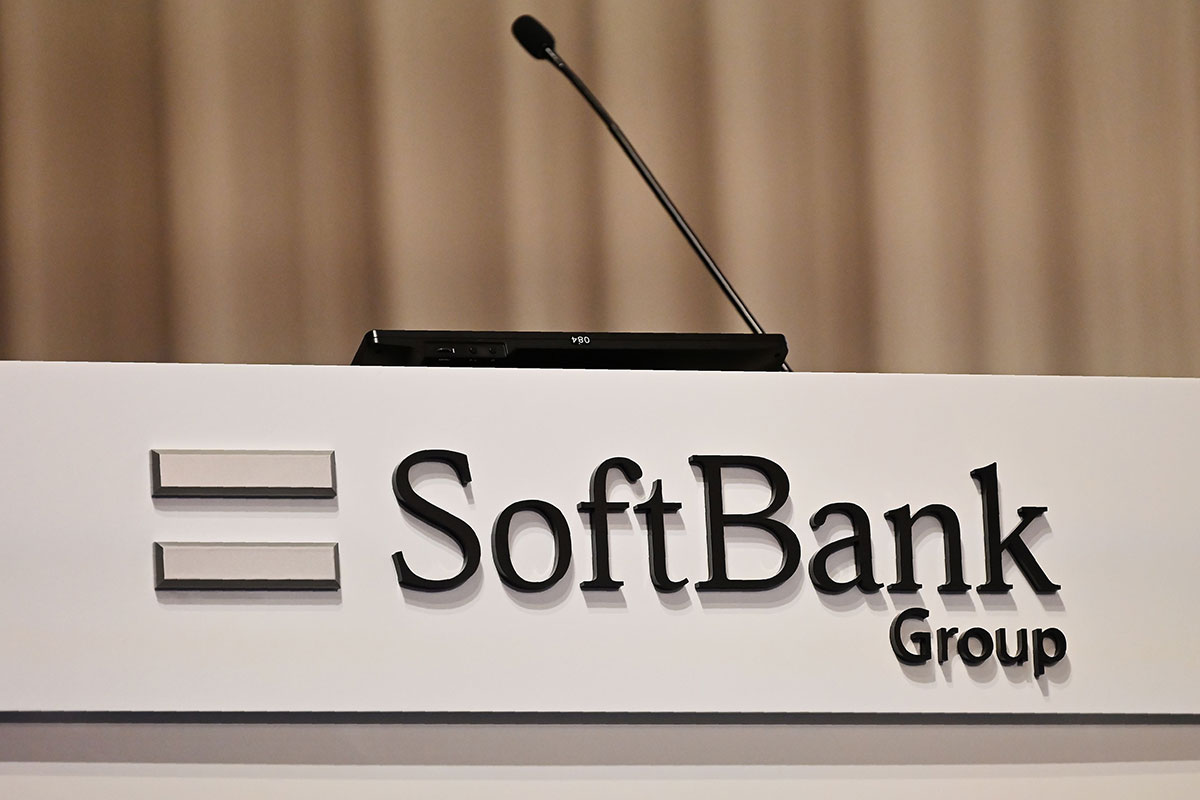Food delivery start-up Swiggy announced it closed a $1.25 billion funding round led by SoftBank Vision Fund 2 and Prosus, just days ahead of rival Zomato Ltd.’s listing.
New investors in the round include Qatar Investment Authority, Falcon Edge Capital and Goldman Sachs, while existing backers Accel Partners and Wellington Management also participated, Swiggy said in a statement Tuesday. The latest fundraising was heavily oversubscribed following strong interest from investors, the start-up said without providing details or its market value. Bloomberg had reported earlier that SoftBank is investing in the company at a $5.5 billion valuation.
Global investors have flocked to India’s nascent start-up ecosystem, just as the bulk of the country’s 625 million smartphone users begin to get acquainted with video streaming, food ordering and online shopping. Last week, Walmart Inc.-owned online retailer Flipkart announced a record $3.6 billion funding round, Zomato’s $1.3 billion initial public offering drew overwhelming investor interest, while fintech brand Paytm filed documents for what is slated to be India’s largest IPO.
Swiggy said it will use the funds to accelerate growth in food delivery and invest in its instant grocery delivery service Instamart, its on-demand pick-up-and-drop service Genie as well as Supr Daily, which delivers daily essentials on subscription. India’s convenience market is expected to grow to 500 million users in the next decade, the start-up said.
“We are super early in Swiggy’s journey,” Sriharsha Majety, the start-up’s co-founder and chief executive officer, said in a video conference on Tuesday. “We have big audacious goals and want to have 100 million transacting users in the next 10 years or sooner.”
The 35-year-old Majety, who said he’s shy and prefers not to be the face of the brand, co-founded Swiggy with Nandan Reddy, his classmate from the premier engineering school BITS Pilani. A third founder Rahul Jaimini has since exited. Majety turned to entrepreneurship after a stint as a trader at Nomura in London but the e-commerce logistics that the duo established floundered spectacularly, he recounted.
Then in 2014, they conceived Swiggy as an efficient delivery partner for restaurants and bootstrapped the start-up with 1 million rupees ($13,360), operating initially in the Koramangala neighbourhood of Bangalore, the epicentre of India’s start-up industry. The duo took turns taking calls from delivery partners and calling restaurants to place orders. From 20 orders a day, Swiggy scaled to 50,000 within a year and began offering its services via an app.
It expanded rapidly even as competitors proliferated in a riotous market where customers weren’t required to make a minimum order, discounts were abundant and delivery was free. Many soon ran out of money and shuttered their doors, prompting investors to demand that those remaining rein in user acquisition costs.
Today, Swiggy works with 150,000 restaurants and stores, offering services in 500 cities with a fleet of 165,000 delivery partners. Order value has grown 30-40 percent during the pandemic and unit economics are healthy, the chief executive said. It’s taking a 10-15 year horizon for growth, and has a multi-category approach with food and grocery delivery as well as last-mile drop-and-pick convenience services, he said.
While rival Zomato is to list July 27, Majety said his seven-year start-up hasn’t determined a path to its public market debut. For now, it has strong backing from its investors to continue to grow and keep its market share, he added.
“IPOs are a sign of maturity of the ecosystem and we are excited to see the huge validation in the public markets for the category we are building,” Majety said.









